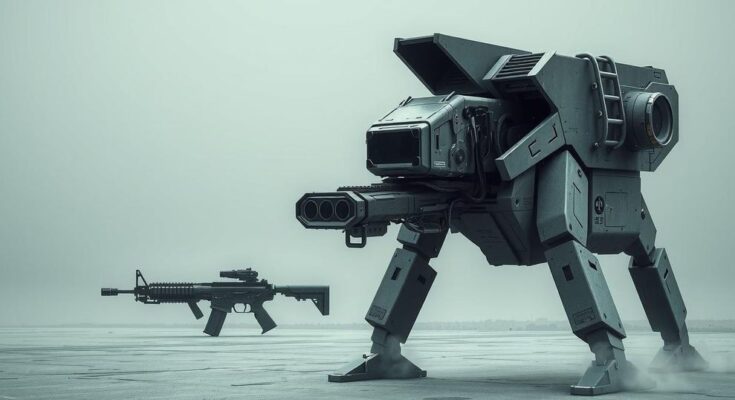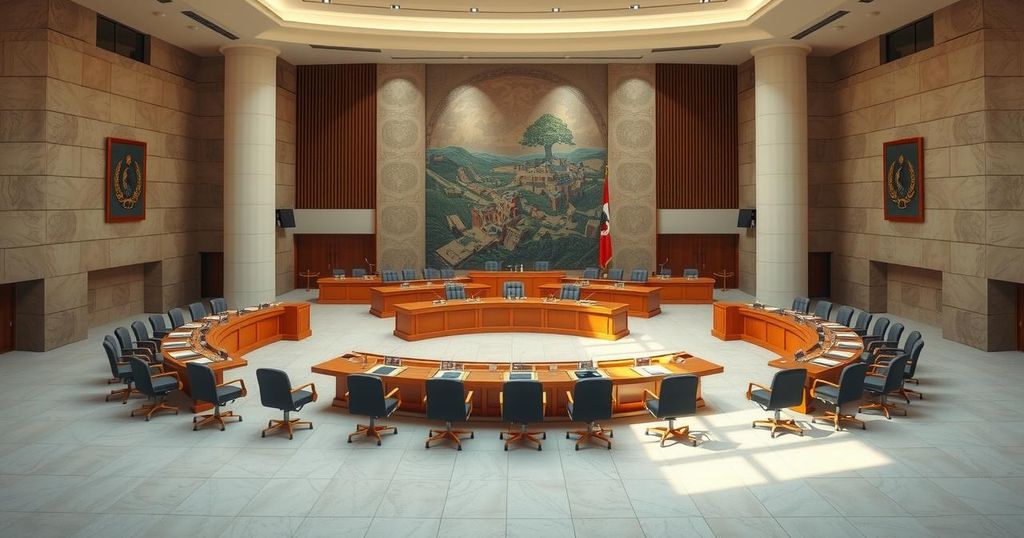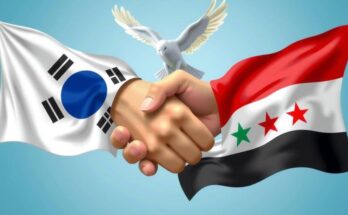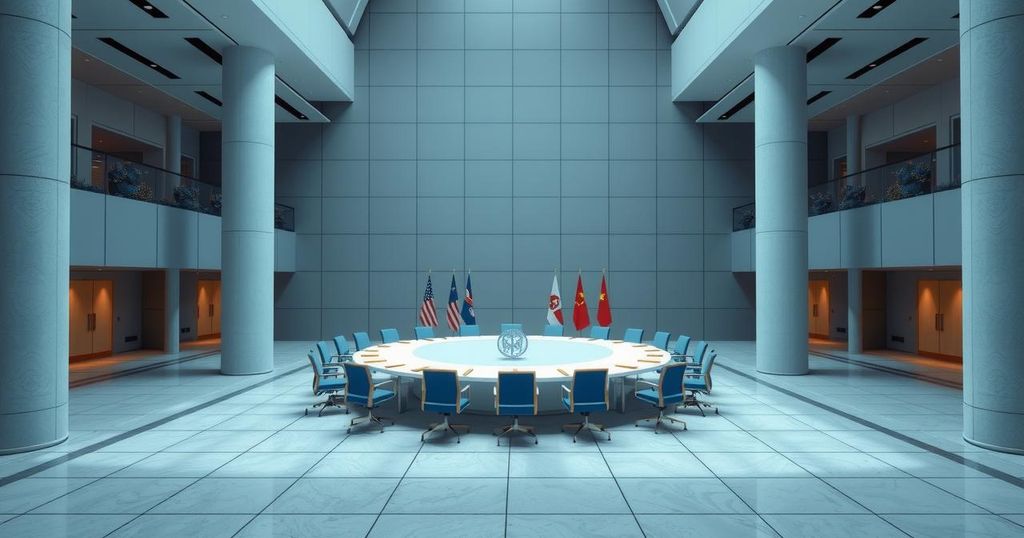Retired South African General Maomela Moreti Motau claims that M23 rebels in eastern Congo are using advanced military equipment akin to that of the Israeli army. He emphasizes their organized nature and resourcefulness, suggesting significant external backing. The conflict, intensifying around strategic Goma, poses threats to regional stability and has led to the deaths of South African peacekeepers, prompting calls for serious action against the rebels and their supporters.
The M23 rebels in eastern Congo are reportedly utilizing advanced military equipment comparable to that of the Israeli Defense Forces, according to retired South African general Maomela Moreti Motau. He shared his observations on Newsroom Afrika, noting the weapons used by the rebels are sophisticated and not typical for the region. Motau expressed concern that the rebels, having recently taken Goma, are equipped and organized like a traditional army rather than a guerrilla group.
Motau emphasized that the rebels exhibit signs of substantial resources, citing their use of specialized gear, including sunglasses indicative of U.S. special forces. He characterized their organization as far from ragtag, indicating that this suggests robust external support. He condemned the killing of South African peacekeepers at the hands of the M23 and urged serious action in response.
The retired general warned that a lack of decisive action could jeopardize South Africa’s national security by emboldening aggressors. He highlighted the need for South Africa to assertively address the support systems behind the M23. Motau also pointed out Rwanda’s recurrent denial of involvement, despite allegations linking it to the conflict.
The conflict intensified as the M23 continues its offensive against the Congolese army, driven by gains related to the strategic and economically significant city of Goma, a gateway to rich mineral resources. With vital deposits of coltan, gold, and tin in the region, control over these resources is crucial for funding rebel operations and negotiating power. The group claims their motives include addressing discrimination against Tutsi communities, while the government accuses them of destabilizing the region with external aid.
This protracted conflict has led to considerable displacement of civilians and escalating tensions in the region. The grave situation underscores the necessity for a coordinated response from both regional stakeholders and the international community to ensure stability in eastern Congo.
The situation described revolves around the M23 rebels in eastern Congo, who are engaged in an ongoing conflict with the Congolese army. This conflict has significant implications due to the rich mineral resources in eastern Congo, attracting both local and international attention. Accusations of external support, particularly from Rwanda, have complicated the political landscape, suggesting a deeper regional conflict rooted in historical grievances and resource control. Notably, the involvement of well-trained military forces indicates a serious level of organization and backing behind the M23 rebels that challenges regional security and peace efforts.
In summary, the activities of the M23 rebels in eastern Congo raise significant concerns regarding the use of advanced weaponry and proper military organization, indicating strong external support. The implications of this conflict extend beyond immediate territorial gains, threatening regional stability and national security. Calls for action to confront this growing challenge echo in both military and political forums as stakeholders recognize the complexities of external involvement and its impact on peace prospects. The future of the region hangs in the balance as military and humanitarian needs grow more pressing.
Original Source: www.aa.com.tr




